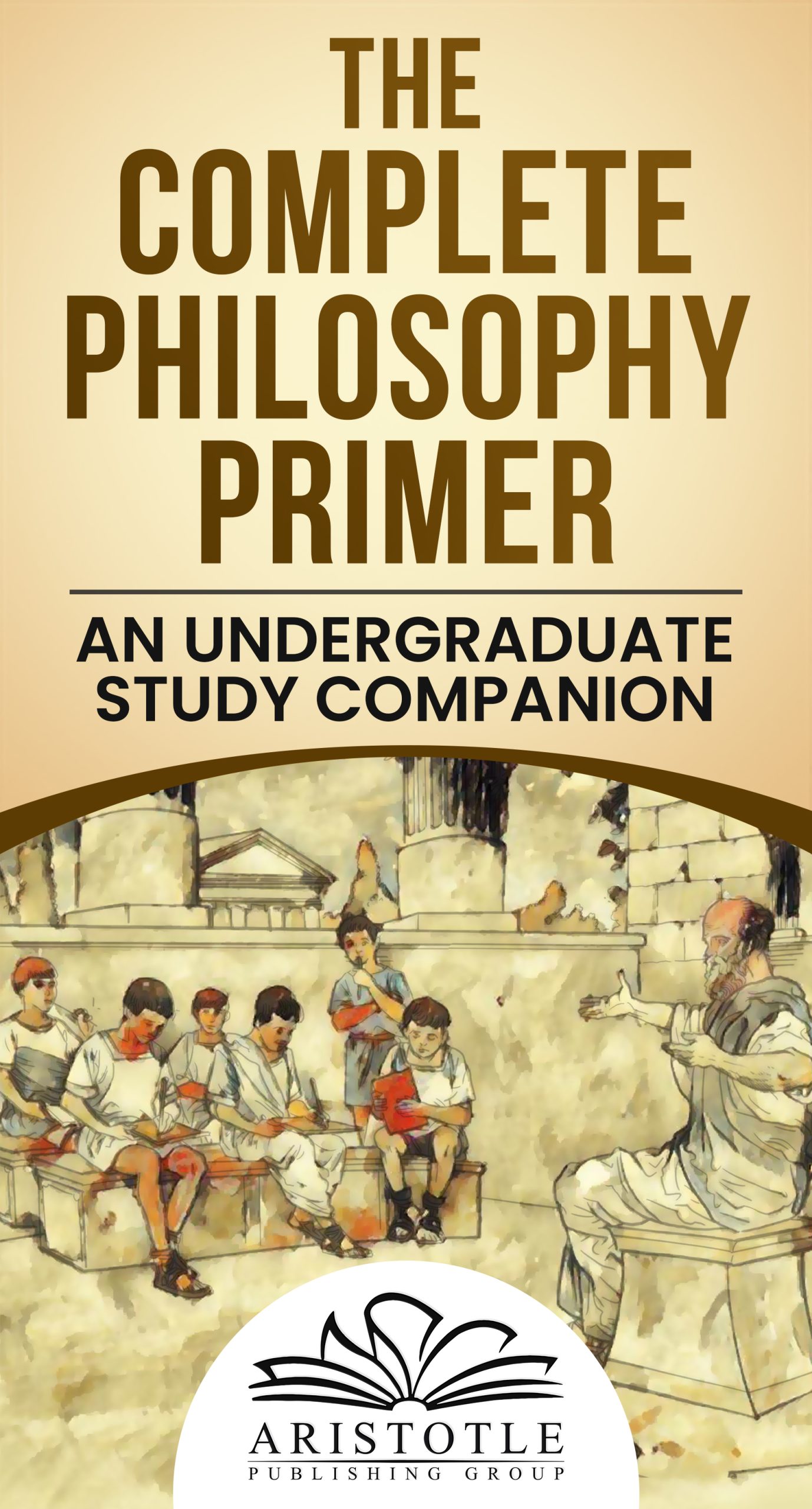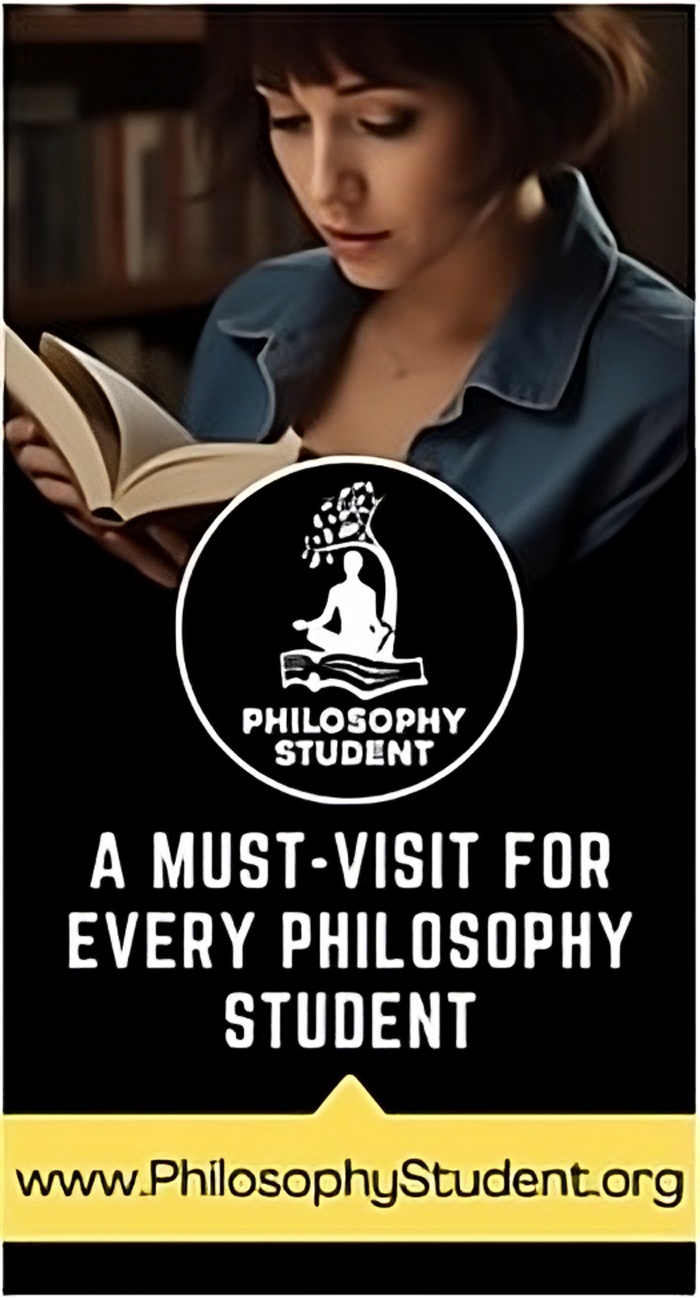The Ethics of Procreation and the Rational Acceptance of Life: A Critical Engagement with Weinberg’s Argument
Introduction Is it ever morally justifiable to bring a new life into the world, given the inevitable suffering that life entails? This question, ancient in its origin and sharpened by modern ethical theory, is taken up by Rivka Weinberg in her nuanced engagement with procreative ethics. Building on Rawlsian principles
The Unconscious Artistry of Artificial Intelligence: A Modern Reflection on Spinoza’s God and the Blind Watchmaker
Introduction In the age of Artificial Intelligence (AI), the world is confronted with a remarkable paradox: machines, devoid of consciousness, produce some of the most intricate and profound creations ever imagined by humankind. AI-generated works, whether in the realm of writing, art, or problem-solving, have begun to challenge traditional notions
The Infinite Universe, Death, and the Search for Meaning: A Philosophical Exploration of Existence, the Divine, and Human Mortality
Introduction The vastness of the universe has long been a source of awe and wonder. With its endless galaxies, stars, and the possibility of unknown life, the cosmos presents us with a paradox: how do we, as finite beings, comprehend an infinite reality? This question, when examined alongside the inevitability
Title: Metaphysical Perspectives: A Comparative Analysis of Theism and Atheism
Abstract: This paper explores the fundamental differences in how theistic and atheistic worldviews approach key metaphysical concepts such as existence, causality, the nature of being, morality, and the origin of the universe. While both theist and atheist perspectives address similar metaphysical questions, their interpretations diverge significantly due to the belief
The Interplay of Karma, Rebirth, and Non-Self in Buddhist Philosophy: A Metaphysical Inquiry
Abstract In this paper, we explore the central Buddhist concepts of karma, rebirth, and the doctrine of non-self (anatta), arguing that these ideas present a comprehensive, coherent metaphysical system that does not rely on a permanent soul or a creator deity. We examine the interplay of these concepts within the
Imagination, Consciousness, and the Nature of the Soul: A Philosophical Inquiry
Abstract Imagination, an integral part of human cognition, allows individuals to transcend their immediate sensory experiences and engage with abstract ideas, creativity, and possibilities beyond the present. Despite its essential role in human consciousness, the nature of imagination remains elusive—does it reside in the purely physical workings of the brain,

